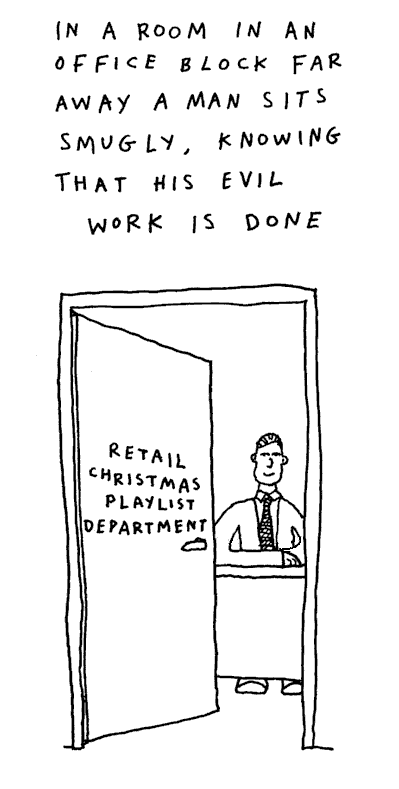Let me tell you a story. This is about me and my friend Toby. We’re both musicians (although Toby is a proper musician who Does Gigs and Gets Paid for them) and we’re both into obscure, unheard-of music.
Two weeks ago I gave Toby a hundred or so tracks by a very eclectic mix of artists, mostof which he’d never heard of, to see if he liked any of it. It’s all stuff I like, mainly collected from websites like 2Hive and Aurgasm. He put it all on his MP3 player and off we went to enjoy our Christmas breaks, and hopefully Toby liked at least some of the music.
What happened there? What did that music represent? Who benefited from that transaction? The answer to that last question is easy: everyone. I benefited as I helped to strengthen my friendship with Toby (unless he hated all the music, of course). Toby benefited as he got a load of new music to listen to. And the artists benefited as it’s spread their music further than it would have otherwise gone, and may well result in a couple of sales, a couple of extra concert tickets bought, or just a greater awareness of who they are.
That music was what Hugh MacLeod calls a Social Object. Something that either brings people together, or gives their social interactions an angle when they are together.
So what did I do for that music? In the traditional, now rapidly becoming more defunct business model, I was marketing that music. Except I wasn’t, I was just letting my friend know about some music I like. So if it’s not marketing, what is it? Marketing 2.0? Unmarketing? I think it was just unplanned marketing.
Traditional marketing has been very regimented; as planned as it can be. Marketers know what sector of society they want to target, what time of day their TV adverts will go on, what magazines they will publish adverts in. This new kind of marketing is unplanned, natural, authentic. And it’s much more personal. I won’t try to sell Toby something I know he doesn’t want or won’t like (I think there’s only me in the world who likes banana sandwiches) but when it comes to shared social objects – music, whisky, table tennis, a love of the worlds strongest man competition – traditional marketing hasn’t got a chance.
Which is why Radioheads latest album launch was such a genius idea. It’s a shared object – they have lots of fans who could get the album easily and for free. It’s personal but global. And now they’ve launched a real, hold-in-your-hand version as well. The fact that they pretty much took over the music media for a couple of months tells you all you need to know – have something remarkable, a social object – and you’ll be noticed.
So the next time you’re talking with a friend and tell them how good your blender is, or the great book someone bought you for Christmas, or how comfortable your walking boots are, realise you’re doing unplanned marketing.
